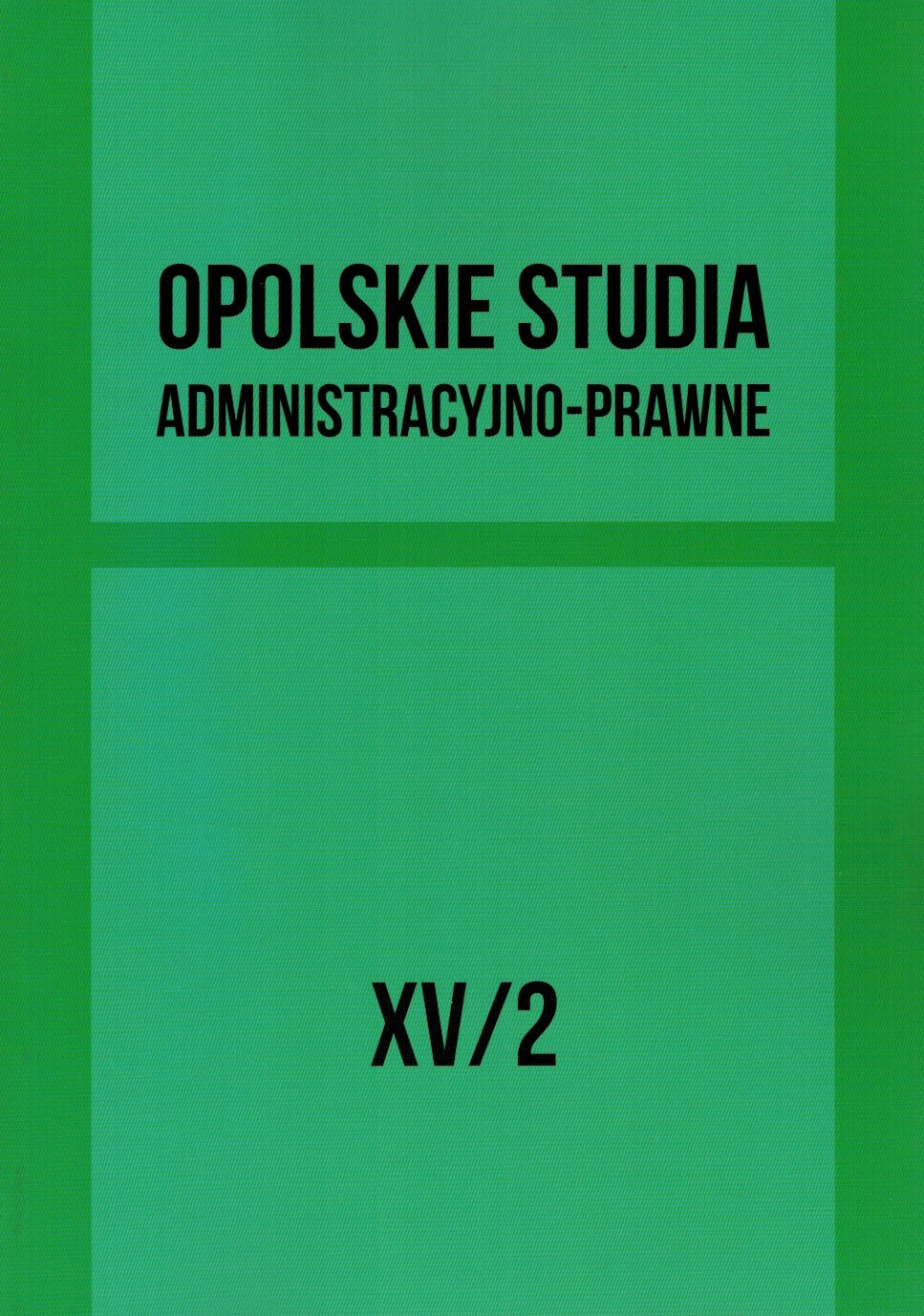Przyszłość systemów rejestracji nieruchomości wobec rozwoju inteligentnych technologii. Wybrane problemy prawne na tle wniosków z konferencji „Common Vision Conference 2016. Migration to a Smart World”, Amsterdam, 5–7 czerwca 2016 roku
The future of land registration systems in the face of the development of smart technologies. Selected legal issues against the background of the conclusions of the Common Vision Conference 2016. Migration to a Smart World, Amsterdam, 5–7 June 2016
Author(s): Maria KaczorowskaSubject(s): Civil Law
Published by: Uniwersytet Opolski
Keywords: land register; cadastre; information technologies; land information systems; infrastructure for spatial information
Summary/Abstract: The development of information technologies offers new possibilities of use of information collected in public registers, such as land registers and cadastres, which play a significant role in establishing the infrastructure for spatial information. Efficient use of spatial information systems with the purpose of a sustainable land management shall be based on en suring the interconnection of different information resources, data exchange, as well as a broad access to data. The role of land registration systems in the context of technological advancement was the subject of the Common Vision Conference 2016. Migration to a Smart World, held on 5–7 June 2016 in Amsterdam. The conference was organized by Europe’s five leading mapping, cadastre and land registry associations, cooperating within a “Common Vision” agreement: EuroGeographics, Permanent Committee on Cadastre, European Land Registries Association, European Land Information Service and Council of European Geodetic Surveyors. The discussion during the conference focused on topics regarding the idea of smart cities, marine cadastre, interoperability of spatial data, as well as the impact of land registers and cadastres on creating the infrastructure for spatial information and developing e-government, at both national and European levels. The paper aims to present an overview of issues covered by the conference and also to highlight some important problems arising from implementing advanced technology solutions in the field of land registration.
Journal: Opolskie Studia Administracyjno-Prawne
- Issue Year: XV/2017
- Issue No: 2
- Page Range: 301-320
- Page Count: 20
- Language: Polish

